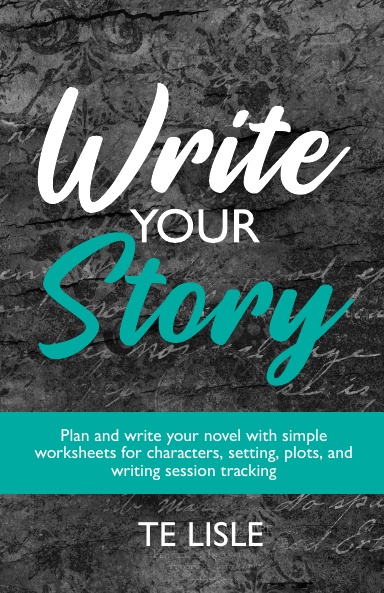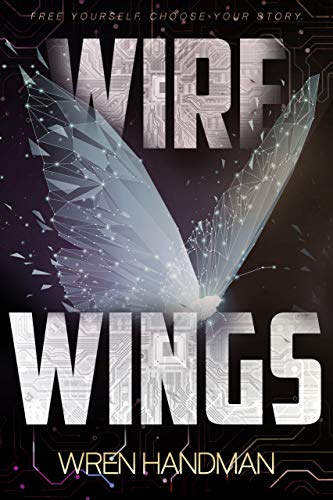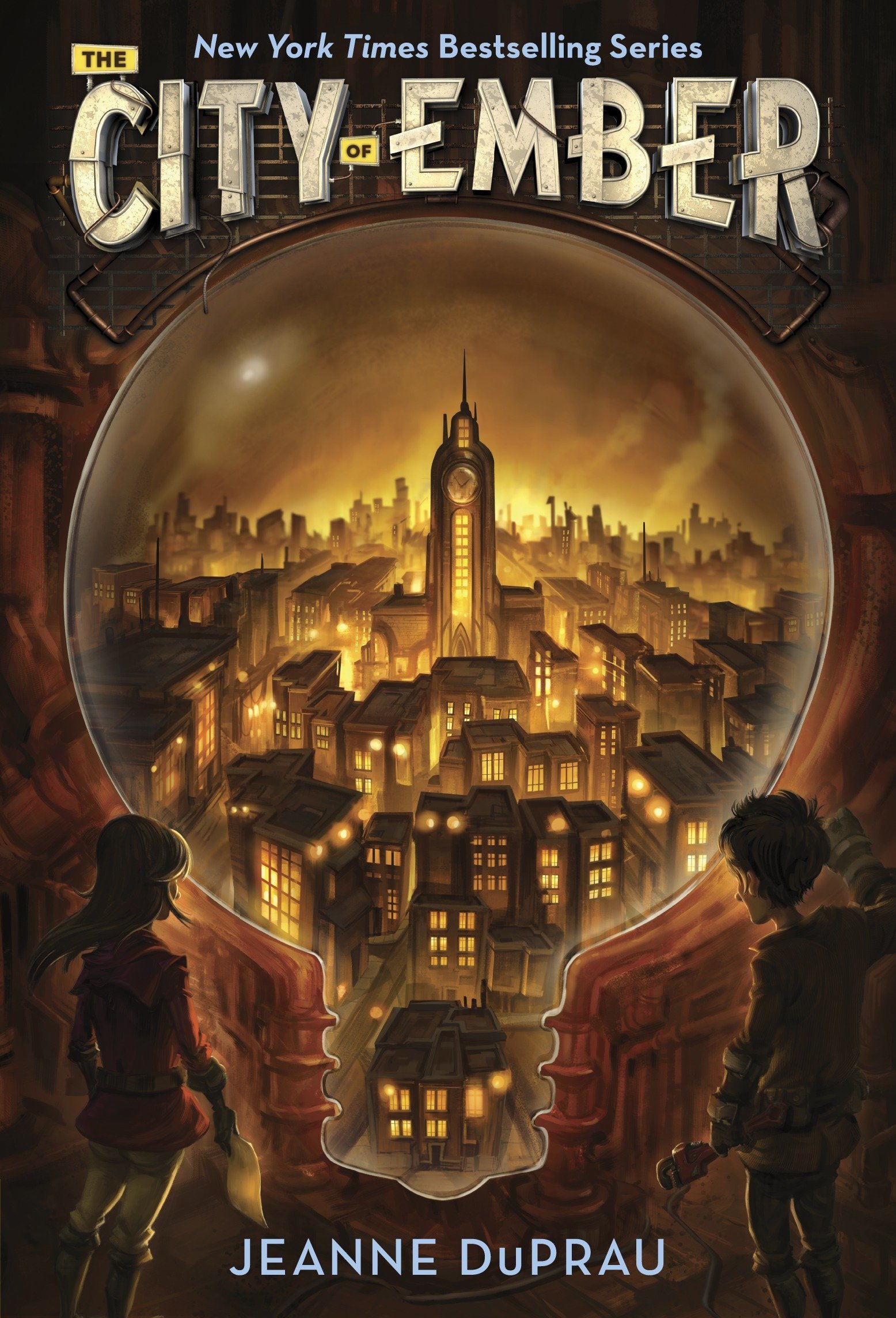If you have read any of my books, you know I love a reluctant hero. There’s something about someone who did not want to save the day slowly coming to terms with the idea that they have to and accepting that for the greater good just hits me right.
But how do you construct a character and a story like that? Well, here’s some things I like to do:
They are uniquely qualified to deal with the problem
One of the major questions that comes up in these kinds of stories is the question of “Why me?” If someone else can take over, then the question of why someone else doesn’t do it who is just as capable comes into play and it lessens that internal conflict. So make a character who has a specific skillset that makes them invaluable ((White Noise, Looking Glass Saga, City Without Heroes)) and removes that option for them to not be involved.
They have some insight into what they are really being asked to do
The character can see what the problem is, but ideally they also understand what it really being asked of them. Because problems initially introduced in stories ((Or my stories, anyway)) are rarely the truth of the matter, the character should have some insight into ((Cloned Evil)) or otherwise discover ((City Without Heroes)) the truth of what they are being asked to do and be, for one reason or another, opposed to it.
They actively avoid the problem
If the character can spot the problem and understand why they do not want to resolve it themselves, they should do something to try and avoid interacting with it. ((City Without Heroes, Cloned Evil)) Though these characters may want to do best by the people around them, they view the problem as attempting to pull them into something that is not or should not be their responsibility. ((White Noise))
Their involvement happens as a result of something they think is unrelated
For me, I do love watching a character try so hard to avoid getting involved, but accidentally falling into the role of saving the day. Either curiosity ((Looking Glass Saga)) or getting mad at the wrong time ((Cloned Evil)) or just getting close to people who are about to suffer if they do nothing, ((White Noise, City Without Heroes)) something that isn’t necessarily directly related to that thing they are avoiding dragging them back into the plot they were trying to avoid is a lot of fun to both read and write.
Ultimately, the story is about self actualization and them accepting that they are the hero
If you’re making one of the central conflicts of the story a hero that does not want to be a hero, I feel like self actualization in the form of accepting the role of hero, either on their terms or someone else’s, is the point of that character arc. Letting them understand that this is a role that they must play, even one they might want to play, and what the terms of filling it are, is just a natural ending of that story.

Write Your Story: Unlock Your Creative Potential
Are you ready to embark on a journey into the world of storytelling? Look no further! Introducing Write Your Story, a comprehensive resource designed to fuel your imagination, enhance your storytelling skills, and bring your characters to life. Whether you’re an aspiring writer, a seasoned author, or simply someone who loves crafting stories, this workbook is your ultimate companion.
This Workbook Contains:
- Story planning spreads
- Setting and location spreads
- Character spreads
- Writing session tracker






